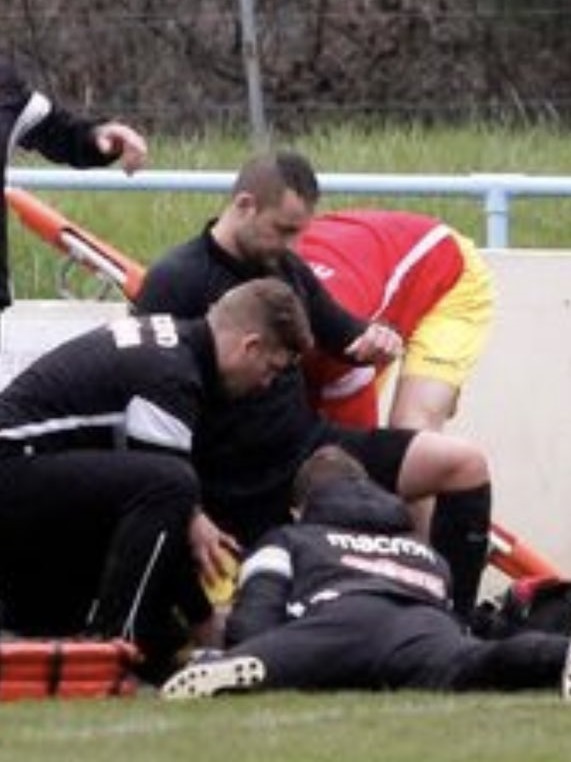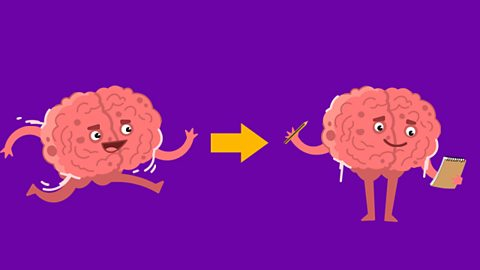News - Page 13
Promotion to the Premier League!
Wednesday, 25 April 2018
Sport Rehabilitator, Danny Fishwick, shares his joy at being part of the support team for newly promoted Wolverhampton Wanderers. How was the atmosphere on Sunday? The atmosphere at Sunday’s match with Birmingham was immense, the fact we were already promoted helped but to be able to win the game and celebrate promotion after, it was an extremely memorable day. Getting promoted to the Premier League is an amazing feeling, especially to have contributed my own small part to it.
Why do you think they have done so well this season? There was a big change in the summer with a new manager bringing new coaches and new ideas to the table. The changes were new to me and the ideas they have brought have been exceptional, the players have adapted and the staff have too.
The players play an amazing style of football in each game and have a clear plan which they stick to through thick and thin and ultimately this has brought us to where we are today. The addition of some real quality players has also been a great help to the cause too and lack of injuries this year also.

Trafford FC thanked Sport Rehabilitator Jake North, who helped care for Trafford FC player Danny Frost after he was given lifesaving first aid on Saturday.
Tuesday, 10 April 2018
Danny Frost collided with a perimeter barrier and his tongue then blocked his airway in a match at Colwyn Bay.
Assistant Ref, Zharir Mustafa, dislodged his tongue and put the player in the recovery position.
Sport Rehabilitator, Jake North then gave life-saving first aid treatment to Danny Frost who had suffered a serious head injury.
Jake North then carried on providing care for the player until the ambulance arrived.

Long standing knee and back pain in patients – BJSM Podcast
Wednesday, 21 February 2018
This BJSM podcast by leading clinical professors; Kay Crossley and Peter O’Sullivan, focusses on the patient with long standing pain. This podcast explains the importance of the terminology used by clinicians and the assessment and management of a patient with long term pain.
Pain can create fears among patients and consequently, avoidance behaviour. The stigma patients associate with musculoskeletal disorders such as a prolapsed disc is exacerbated by the terminology used by professionals and can alter the way they view their pain. This podcast demonstrates the importance of words on patient’s perception of their condition which can have a huge impact on daily functioning and every day activities.
When assessing a patient in pain, one of the most important elements is the psychosocial factors which can contribute to a patient’s pain. Pain can create distress, fear, avoidance and anxiety and looking at how a patient can overcome this in order to be able to perform everyday activities is crucial. Objective measurements involve understanding fearful behaviours and modifying them, so the patient can perform them pain free.
When managing a patient with long standing pain, this podcast describes the importance of goal setting which is patient focused and using this to help create your management plan. Further to this, the importance of encouraging movement, natural healing, increasing load, strength and reducing weight are discussed.
This is an excellent podcast which demonstrates the important role a Sport Rehabilitator will have on the views and behaviours of a patient with long standing pain.
Eavesdropping on champions of Physiotherapy

Study shows that The Daily Mile is the perfect partner for learning
Monday, 12 February 2018
A child’s attention and memory improves after exercise according to new research conducted by primary school pupils and supported by the Universities of Stirling and Edinburgh.
Pupils’ best responses to tests came after physical activity that was set at their own pace – exactly what The Daily Mile offers pupils.
More than 11,000 school pupils across the UK conducted a scientific investigation to discover the impact of completing a physical activity on their mood and cognitive abilities.
Dr Brooks from the University of Stirling explained
"Ultimately, we found that 15 minutes of self-paced exercise can significantly improve a child’s mood, attention and memory - enhancing their ability to learn."
Following the run/walk, children’s ability to remember words in sentences improved.
"Overall, our study concluded that exercising leads to improvements in children’s mood and cognition"Dr Moran from the University of Stirling said.
This suggests that children should be encouraged to exercise at their own pace during short breaks from class. This exercise should be in addition to normal physical education and when the class teacher thinks the class would benefit the most from a break.
The Daily Mile focuses on 15 minutes of physical activity, every day, during which children are encouraged to walk, jog or run at their own pace.
Read more about the study at http://www.bbc.co.uk/guides/zq3hxfr

NICE low back pain guidelines: opportunities and obstacles to change practice
Tuesday, 30 January 2018
The National Institute for Health and Care Excellence recently updated its low back pain (LBP) guidelines with an infographic developed to help interpret the recommendations. The guidelines contain several key directives, which, could significantly impact on the care of patients with LBP. Established evidence-based messages, including the need for more cautious referral for some investigations and treatments including imaging, medication and surgery, are reinforced, with a clear emphasis on self-management. Considering psychosocial factors at an early stage is also advocated, and a shift to targeting care based on a person’s multidimensional risk profile.
The article answers the following key questions - Which treatment option for whom? Will baseline screening help? What are the key knowledge gaps? The article goes on to look at questions related to considerations for future implementation, including can clinicians do this? Will healthcare systems facilitate this? And are patients ready for this?
Read more at http://bjsm.bmj.com/content/51/22/1632


